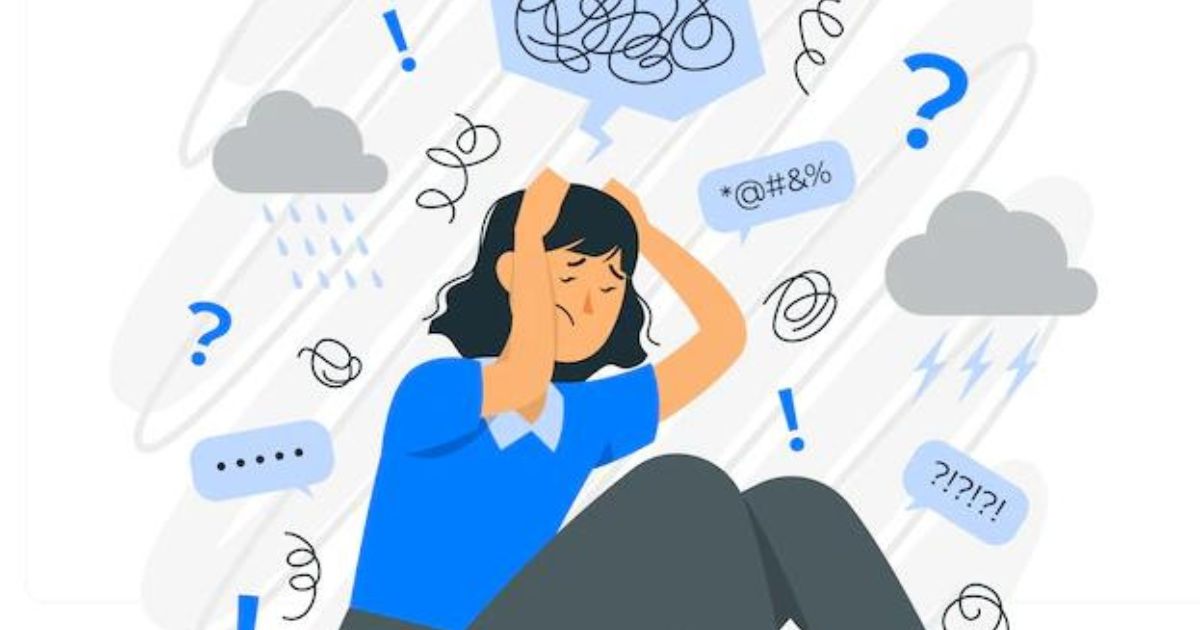In a resolute mission to address the pressing mental health challenges facing its residents, New Hampshire is launching an ambitious program known as “Mission Zero.”
This initiative represents a significant step forward in bolstering mental health programs across the state, aiming to create a healthier and more resilient community.
Mental health has emerged as a critical concern in New Hampshire, mirroring a nationwide trend. The COVID-19 pandemic, economic pressures, and the daily stresses of life have taken a toll on the mental well-being of many residents.
Recognizing the urgency of the situation, state leaders and healthcare professionals are rallying behind Mission Zero to effect positive change.
Mission Zero To Enhance Access To Mental Health
At the heart of Mission Zero is a commitment to destigmatize mental health issues and ensure that every resident has access to the support and care they need.
This comprehensive program encompasses a range of initiatives, from expanding mental health services to raising awareness and providing educational resources.
One of the key objectives of Mission Zero is to enhance access to mental health services.
To achieve this, the program will focus on increasing the capacity of mental health providers, reducing wait times, and expanding the availability of telehealth services.
By removing barriers to care, Mission Zero aims to ensure that individuals can access mental health support when they need it most.
Telehealth, in particular, has emerged as a vital component of New Hampshire’s mental health landscape. The convenience and accessibility of virtual appointments have proven invaluable, especially during the pandemic when in-person visits were limited.
Telehealth services have made it possible for individuals to connect with mental health professionals from the comfort of their own homes, ensuring continuity of care.
Furthermore, Mission Zero emphasizes the importance of mental health education and awareness. By fostering a culture of openness and understanding, the program seeks to reduce the stigma associated with mental health issues.
Educational resources and community outreach efforts will play a crucial role in this endeavor, empowering individuals to seek help without fear of judgment.
In addition to addressing immediate mental health needs, Mission Zero also focuses on prevention and early intervention.
The program will work closely with schools and educational institutions to provide mental health resources and support for students.
By equipping young people with the tools to manage their mental well-being, New Hampshire aims to foster a resilient and mentally healthy future generation.
Mission Zero recognizes that mental health is a multifaceted issue that requires a comprehensive and collaborative approach. The program will actively engage with community organizations, local government agencies, healthcare providers, and advocacy groups to coordinate efforts and share resources.
By fostering partnerships and cooperation, Mission Zero seeks to create a network of support that reaches every corner of the state.
The launch of Mission Zero has generated optimism and enthusiasm among residents and healthcare professionals alike.
The program represents a significant investment in the mental well-being of New Hampshire’s residents and a commitment to creating a more supportive and compassionate community.
While the challenges of improving mental health are substantial, Mission Zero embodies the state’s determination to effect meaningful change.
By prioritizing mental health support, reducing stigma, and expanding access to care, New Hampshire is taking a bold step toward a brighter and more mentally healthy future for all its residents.
In conclusion, Mission Zero is a beacon of hope for New Hampshire, shining a light on the path to improved mental well-being for its residents.
This ambitious program, with its focus on access to care, education, and collaboration, reflects a genuine commitment to addressing mental health challenges head-on. New Hampshire is paving the way for a more compassionate and resilient community, where mental health support is readily available to all who need it.




























